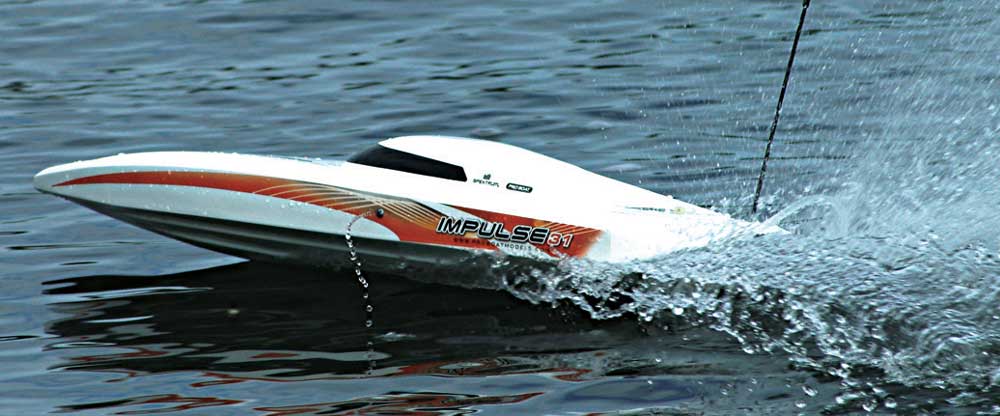Safety Tips for Using Radio-Controlled Boats
Radio-controlled boats offer enthusiasts the opportunity to enjoy the thrill of boating without the expense and maintenance associated with full-sized vessels. Whether you’re navigating a serene pond or racing against competitors on a lake, safety should always be a top priority when operating radio-controlled boats. In this article, we’ll discuss essential safety tips to help you enjoy your RC boating experience while minimizing the risk of accidents or injuries.
Choose the Right Location:
Selecting a suitable location for RC boating is essential for ensuring a safe and enjoyable experience. Choose bodies of water that are free from obstacles such as rocks, logs, or submerged debris, as these can damage your boat or cause it to become stranded. Additionally, avoid operating RC boats in areas with heavy boat traffic or strong currents, as these conditions can increase the risk of collisions or loss of control.
Check Weather Conditions:

Before heading out for a day of RC boating, check the weather forecast to ensure favorable conditions. Avoid operating your boat in high winds, thunderstorms, or other inclement weather conditions that can affect visibility and boat control. If weather conditions deteriorate while you’re on the water, err on the side of caution and return to shore promptly to avoid potential hazards.
Inspect Your Boat:
Regular maintenance and inspection of your RC boat are essential for ensuring safe and reliable operation. Before each outing, inspect your boat for signs of damage or wear, paying particular attention to the hull, propeller, and electronics. Ensure that all components are securely fastened and functioning correctly, and replace any damaged or worn parts as needed. Performing routine maintenance tasks such as lubricating moving parts and cleaning electrical connections can help prevent mechanical failures and prolong the life of your boat.
Follow Manufacturer’s Instructions:
Familiarize yourself with the manufacturer’s instructions and guidelines for operating your specific RC boat model. Pay attention to recommended operating procedures, such as battery charging and storage, as well as any limitations or restrictions on use. Adhering to the manufacturer’s recommendations can help prevent accidents and ensure optimal performance of your boat.
Use Safety Equipment:
Always wear appropriate safety equipment when operating RC boats, especially when navigating larger bodies of water or participating in racing events. A personal flotation device (PFD) is essential for ensuring your safety in the event of an unexpected capsize or immersion. Additionally, consider using a tether or leash to secure your boat to a flotation device or retrieval line, preventing it from drifting out of reach in the event of a malfunction or loss of control.
Be Mindful of Others:

When operating RC boats in public or shared spaces, be considerate of other boaters, swimmers, and wildlife. Maintain a safe distance from other watercraft and avoid operating your boat in crowded or congested areas. Keep an eye out for swimmers or wildlife in the water, and steer clear to prevent accidents or disturbances. Additionally, be mindful of noise levels and avoid causing unnecessary disruptions to others enjoying the water.
Practice Good Etiquette:
Follow established boating etiquette and rules of the waterway when operating RC boats in public or shared spaces. Yield to larger or faster vessels, and avoid obstructing navigation channels or access points. If participating in organized events or races, adhere to event rules and regulations, and respect the decisions of race officials and fellow competitors. By practicing good etiquette and sportsmanship, you can contribute to a positive and enjoyable RC boating experience for everyone involved.
Safety should always be a top priority when operating radio-controlled boats, whether for recreational cruising, racing, or competition. By following these essential safety tips and guidelines, you can minimize the risk of accidents or injuries and enjoy your RC boating experience to the fullest. Remember to choose a suitable location, check weather conditions, inspect your boat regularly, and follow manufacturer’s instructions for safe operation. Additionally, always wear appropriate safety equipment, be mindful of others sharing the waterway, and practice good boating etiquette at all times. With proper preparation and awareness, you can navigate the waters with confidence and peace of mind, creating lasting memories and enjoying the thrill of RC boating safely.